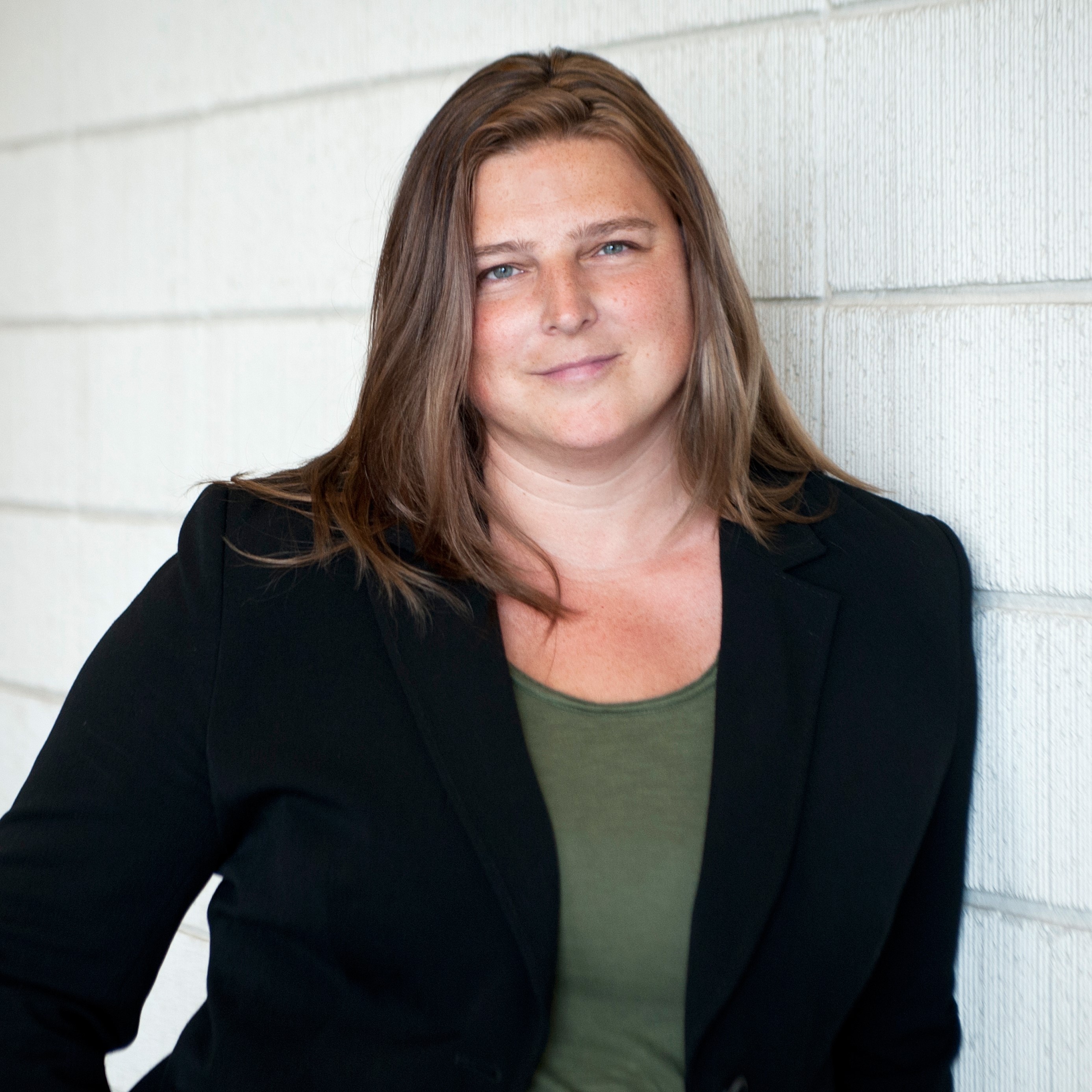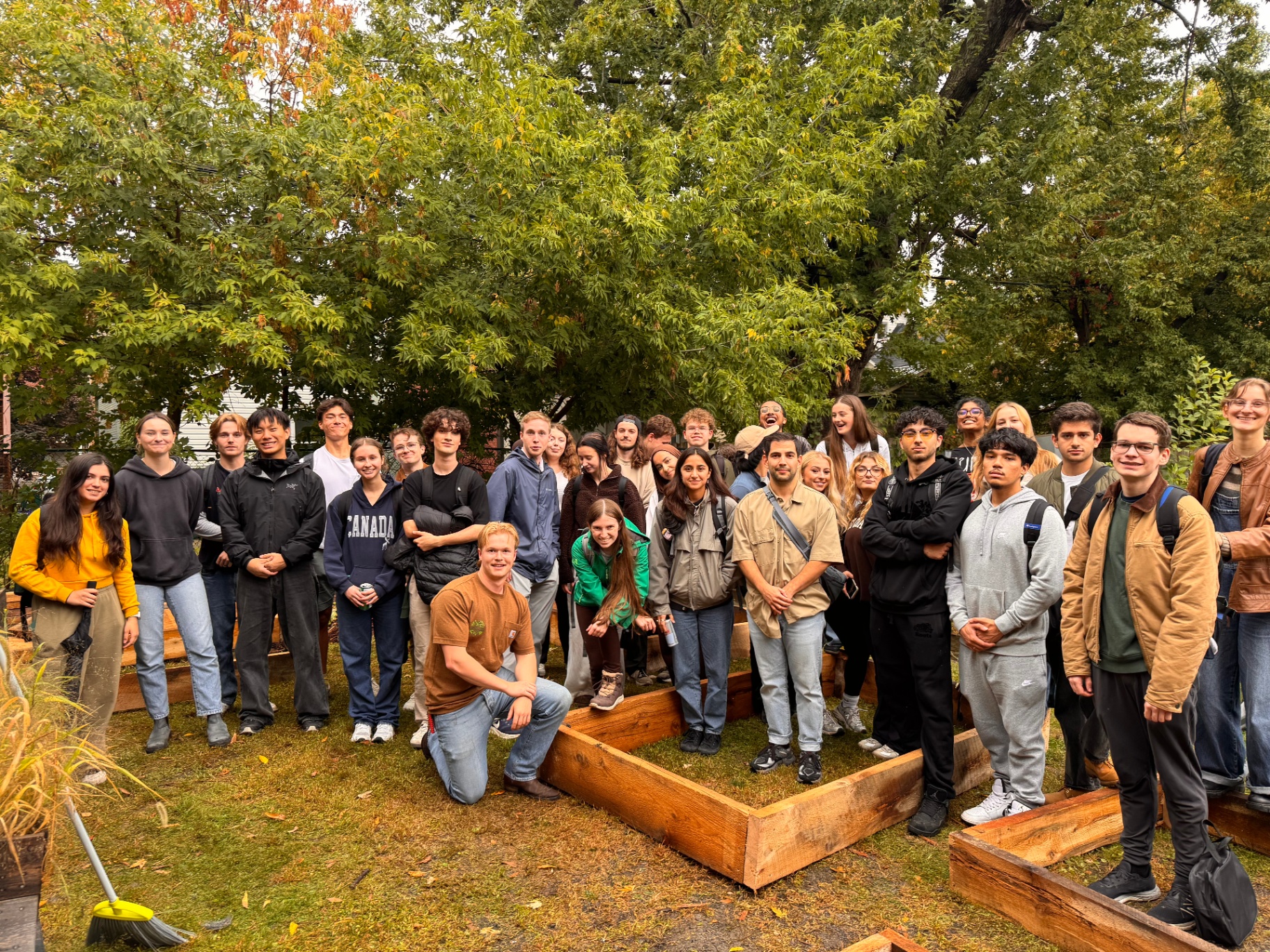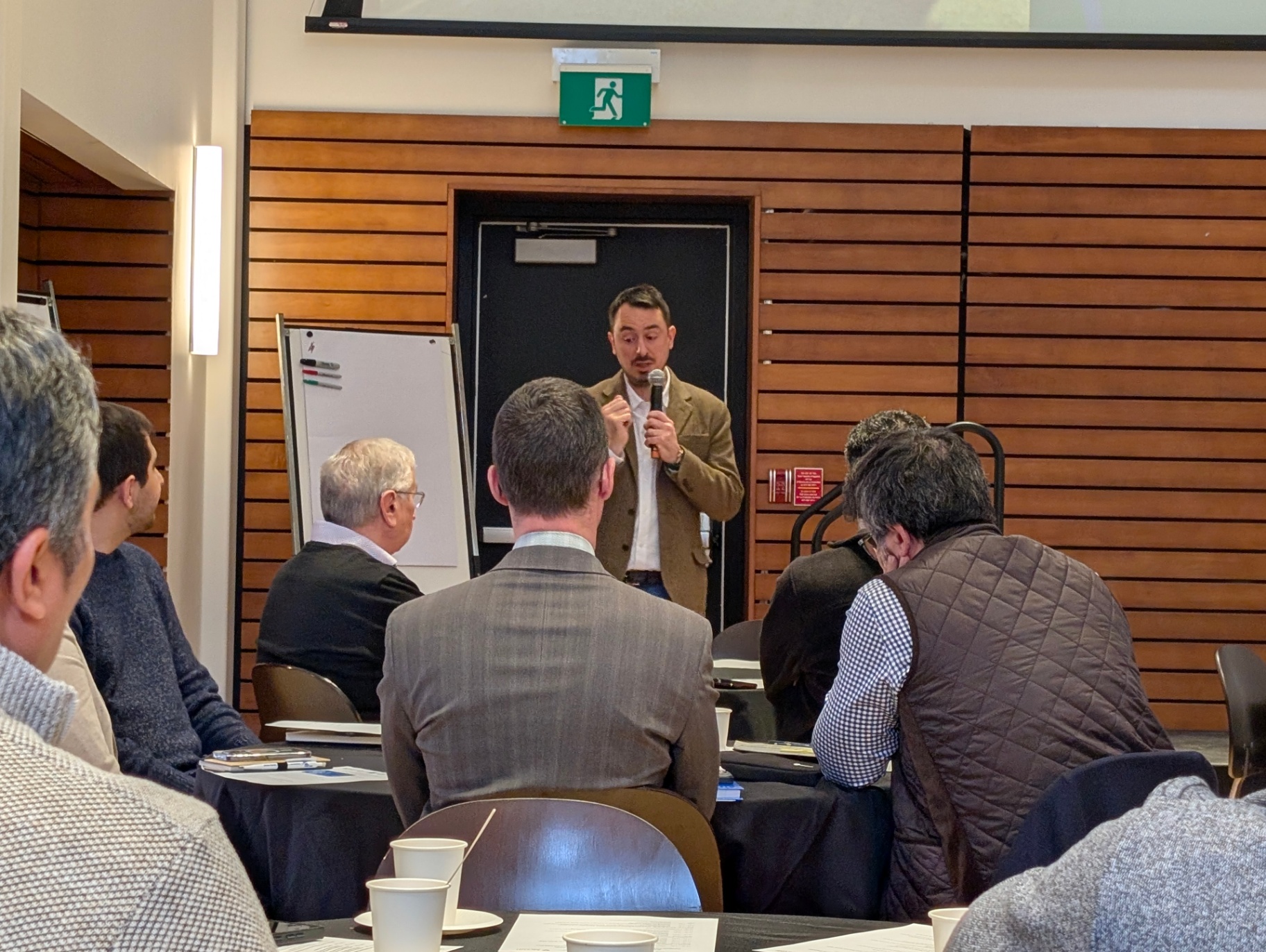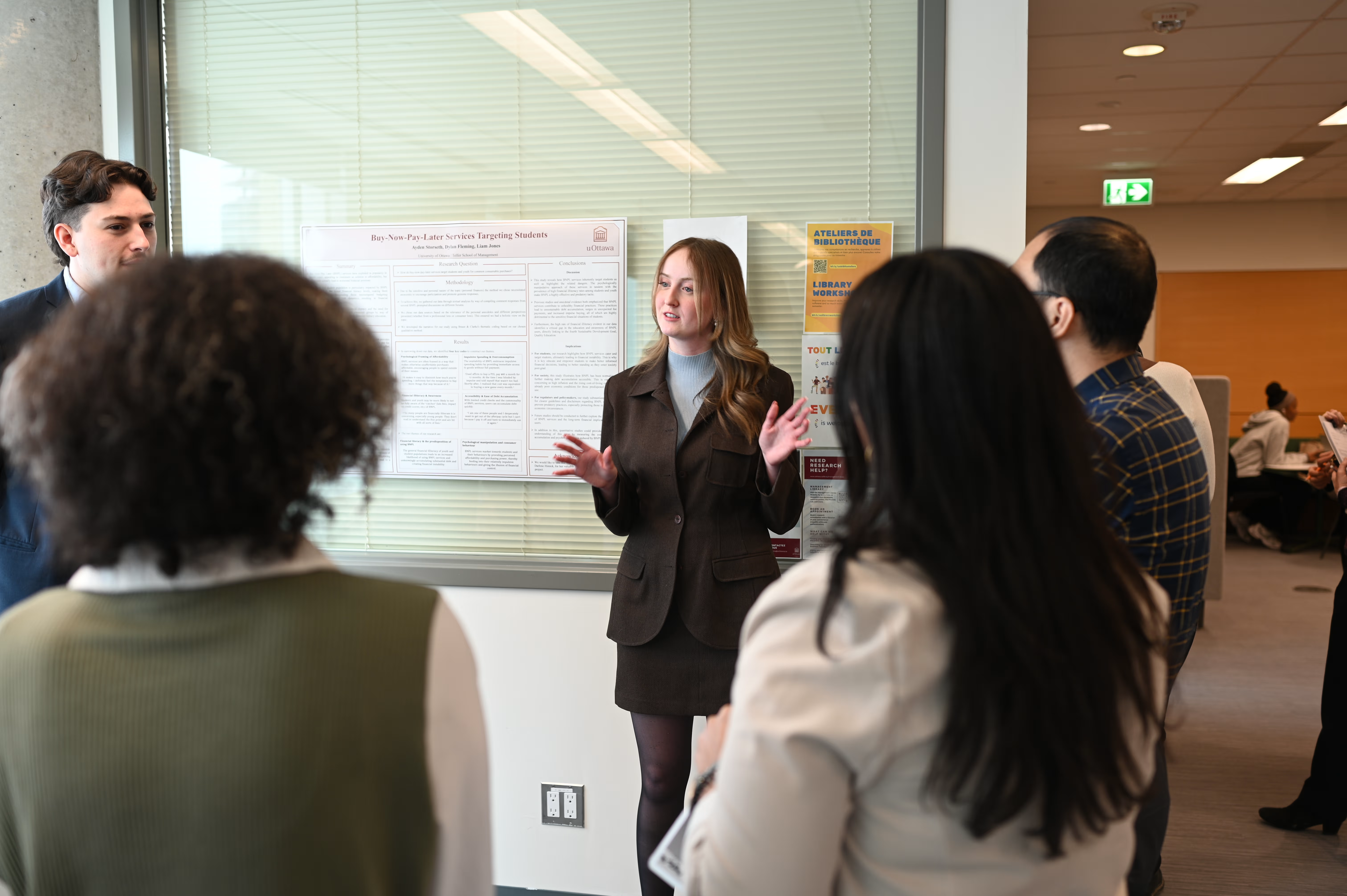Climate change is threatening our survival. According to NASA’s Vital Signs of the Planet, carbon dioxide is at its highest level in 650,000 years. Global temperatures are increasing, with nineteen of the warmest years having occurred since 2000 and the warmest ocean temperatures having been recorded within the past 20 years. Climate change will continue to accelerate, and societies will need to adapt to survive. As such, a united effort to mitigate the devastating impacts of climate change is needed.
Professor Daina Mazutis received a Social Sciences and Humanities Research Council Insight Grant to study how certain urban construction and development companies around the world are tackling climate change by incorporating zero carbon emission and zero waste goals into their planning processes. Her research will help understand why and how these companies manage to prioritize climate change, and how others can contribute to more sustainable urban design and development.
Project title: Getting to One Planet Living: How construction and development leaders are tackling climate change
We asked Professor Mazutis about her personal interest in this project:
“The UN estimates that 230 billion square meters of new construction will be added to the built environment over the next 40 years – that is the equivalent of adding another Paris to the planet every week. And yet, the construction and development industry has been notoriously slow to adopt sustainable building principles. Therefore, understanding the role of businesses in driving One Planet Living communities is of paramount importance to a more sustainable future.”
Sustainable urban development
Everyone has a responsibility in the fight against climate change. Individuals, organizations, and nations must make more responsible decisions to reduce their carbon footprint, since every little step can make a global difference. According to the United Nations, cities and metropolitan areas account for about 70% of global carbon emissions and more than 60% of the world’s population, about 5 billion people, will be living in cities by 2030. Sustainable cities and communities are needed to ensure adequate infrastructure and services, to lessen air pollution, and to prevent unplanned urban expansion, which will worsen climate change.
Despite the clear urgency, many organizations still resist changes in policies to fight climate change. The question is why? And how, in the face of general inertia, are some organizations able to accept the challenge to transform their processes? The construction and development industry is a prime example. Rapid urbanization worsens greenhouse gas emissions, has a negative impact on socio-economic conditions, and increases public health concerns. Professor Mazutis will conduct a study comparing eight One Planet Living sustainable urban developments around the globe to help better understand how the businesses involved in these urban development projects are able to commit to reducing their carbon footprint to zero and secure a more sustainable future.
Who will benefit from this research?
The knowledge gained from this work will inform researchers, urban planners, and policymakers, and will promote sustainable construction and development initiatives. Decision-makers in government and industry could use the insights from this work to evaluate alternative options for designing, planning, and building their projects. All societies would benefit from more sustainable cities and communities, which would lessen socioeconomic burdens and improve public health.
Professor Mazutis says, "This research project will contribute to our knowledge of corporate climate change action by providing examples of why and how some transformational leaders in the construction and development sector are tackling One Planet Living. In time, we hope that this will encourage other developers to sustainably innovate their business strategies, leading to the ability of all Canadians to live in communities that are designed with the Earth’s limited carrying capacity in mind.”

Daina Mazutis is an Associate Professor of Strategy at the University of Ottawa where she also holds the Endowed Professorship in Ethics, Responsibility and Sustainability. Her research focuses on leadership, strategy, and sustainability.



.jpg)








